
Tech Diva Biz Talks
Ready to mix business with brains, tech, and just the right amount of side-eye? Then welcome to Tech Diva Biz Talks (formerly the Business Chop), the podcast where strategy slays, tech behaves (mostly), and your host, Audrey “Tech Diva” Wiggins, says what everyone else is thinking about marketing and entrepreneurship.
We’re spilling the tea on business blunders, brand glow-ups, digital do-overs, and how to stop ghosting your website. Interviews? Sometimes. Sass? Always. Tech working better for your business? That’s the goal.
Subscribe now to catch every episode and exclusive content.
Want to be a guest on Tech Diva Biz Talks? Send Audrey Wiggins a message on PodMatch, here: https://www.podmatch.com/hostdetailpreview/audreywiggins
#LetsTalkTech #Entrepreneurship #PublishedAndPaid #Authorpreneur #Storytelling #EntrepreneurLife #MarketingMoves #SuccessBlueprint #StartupHacks #KeepItLegal #ScaleYourBusiness #TechForBiz #SmartMoney #BrandingBoss #Innovation #HustleSmart #Mindset #DigitalMarketing #ExitStrategies #SuccessionPlanning #VisualStorytelling #TeamWork
The Tech Diva Biz Talks podcast is a production of Altogether Marketing LLC founded by Audrey Wiggins, Chief Brand Strategist aka Tech Diva. Visit https://altogether.biz for more information.
Tech Diva Biz Talks
Supercharging Ad Spend for Ecommerce Growth with Dave Valentine
In the dynamic world of e-commerce, staying ahead of the curve is crucial for success. This episode of Tech Diva Biz Talks features Dave Valentine, a seasoned entrepreneur and Chief Revenue Officer at Finch, a performance agency specializing in digital advertising for e-commerce brands. With a track record of nine successful exits from 11 firms, Dave brings a wealth of experience to the table.
Dave shares groundbreaking insights on:
- The seismic shifts in e-commerce advertising due to AI integration
- Unconventional tactics that are yielding impressive results for brands
- The future of digital advertising and how to prepare for it
Learn how to scale your ad spend without sacrificing your return on ad spend (ROAS). Dave reveals:
- The power of mixed media modeling for precise budget allocation
- How to leverage IP-based attribution for comprehensive customer journey tracking
- The importance of balancing educational content with direct purchase campaigns
Creative Strategies for Tough Markets
Discover how Dave turned around a struggling B2B firm with an innovative "try before you buy" approach, resulting in explosive growth during the pandemic. This success story showcases the power of thinking outside the box when faced with challenging market conditions.
Dave predicts a significant shift in digital advertising, emphasizing:
- The declining effectiveness of interruption-based advertising
- The growing importance of building trust through consistent, valuable content
- How brands can prepare for these changes now
Visit https://www.finch.com.
Book time with Dave directly to discuss a paid ads
Buzzsprout - Let's get your podcast launched!Start for FREE
Designrr for eBooks, Blogs
Create eBooks, Blogs, Lead Magnets and more!
Riverside.fm Your Own Virtual Studio
Professional Virtual Studio
Altogether Domains, Hosting and More
Bringing your business online - domain names, web design, branded email, security, hosting and more.
Digital Business Cards
Let's speed up your follow up. Get a digital business card.
Small Business Legal Services
Your Small Business Legal Plan can help with any business legal matter.
Mens and Womens Hats
Since 1972, American Hat Makers has been dedicated to the art of fine hat making.
Digital Marketing Platform
Content Creator Machine - The integrated all-in-one online marketing, business tool/platform.
Disclaimer: This post contains affiliate links. If you make a purchase, I may receive a commission at no extra cost to you.
Want to be a guest on Tech Diva Biz Talks? Send Audrey Wiggins a message on PodMatch, here: podmatch.com/hostdetailpreview/audreywiggins
To work with Audrey schedule a breakthrough/discovery session.
[00:00:00 - 00:00:52]
Welcome to Tech Diva Biz Talks, where we tune in, dive deep, and level up. I'm your host, Audrey Wiggins, AKA the tech diva brand strategist, marketing mind, and your guide through the ups and downs of entrepreneurship. Let's talk tech. Hello, Tech diva nation. How are you today? I'm excited to bring to you Dave Valentine. The Dave is the former agency founder, CEO, business coach, and strategist. He's currently the chief revenue officer of Finch, which is a performance agency growing e commerce brands through digital advertising. Dave has been featured in forbes entrepreneur and TedX for his ability to drive results that simplify growth and help business owners find freedom as they scale. Dave, welcome to Techniva Biz Talks.
[00:00:52 - 00:00:54]
Thank you for having me. I'm so excited to be here, Audrey.
[00:00:54 - 00:01:01]
Yeah, I'm excited to have you here. And while we keep this excitement, this momentum going here, share a couple of fun facts with us.
[00:01:02 - 00:01:36]
Well, okay, sure. I am a serial entrepreneur and business owner. I am currently the CEO of Finch, which is a performance marketing agency. And in those 11 firms, I've owned different software products, some different agencies. I owned a flight school with my brother, started a private equity firm, and I've had nine exits from 11 of the firms. The only two I haven't exited from are Finch and then my consulting business. So that's a little bit about me.
[00:01:36 - 00:01:41]
Yeah, I like that. I may ask you something about that pivoting and making those. Those shifts and those changes. That's.
[00:01:41 - 00:01:41]
That.
[00:01:41 - 00:01:48]
That's a certain mindset you have to have, I think, to do that. That's awesome. So what's this I hear about you love weird art? What is that?
[00:01:50 - 00:02:28]
Well, I think human expression is something that is just absolutely fascinating to me, and I'm a huge fan of abstract expressionism. I think that it's a fascinating way to look at how we engage with the world. A lot of times we try and recreate art into a fraction of what it's like to have our lived experiences, which is interesting in its own right, don't get me wrong. And I think it's really fascinating to find new things to create with the human mind. And so I'm a huge fan of art. It's a little bit off the beaten path, but is really engaging.
[00:02:28 - 00:02:31]
So is it a hobby, or do you actually create art yourself?
[00:02:31 - 00:02:55]
I do, I do. I'm a. I'm a painter and I. I love to do abstract expressionism myself for the most part. My wife loves it 100 times more than I do. I probably wouldn't bring Any of it out of the studio if it were up to me. But she goes through and picks up some canvases that she likes and hangs them on the wall. And she's the one that does all the decorating in the house. So I let her do what she wants.
[00:02:56 - 00:03:02]
Okay, I know that's right. And see, you know, I think it's always that way. Right. We don't, we don't respect our own creativity.
[00:03:02 - 00:03:03]
That's right. Areas.
[00:03:04 - 00:03:08]
Because I was going to ask you with the pyramids on the wall, I was wondering if that was some of your work.
[00:03:09 - 00:03:16]
It's not, but I. But it is, it is much in line with, with what I typically like to do. So it felt good adding it to my background.
[00:03:16 - 00:04:30]
All right, so we're going to take a quick break and then come back and we're going to div. Did you know 99% of people check their email every day, up to 20 times a day. It's the first thing people do online, even before looking at social media or other news. But viewers retain only 10% of what they read. Adding video to your email, their retention skyrockets to 95%. Video plus email equals success. It's time. The future of email is here. Here. Goodbye email. Hello video email. Ready to wide the wave. Visit altogether.com everyone, we're back. Dave, welcome back. Excited to, to get, you know, this talk up going with you. And so let's just go, let's just get right to it and start with big moves. All right. All right, Dave, what seismic shifts have you seen shake up the e commerce ad space in the past year or so? And how should smart brands be pivoting their paid media strategy to stay in the game?
[00:04:30 - 00:06:38]
Well, I'm probably going to say a thing that everybody's thinking, which is AI has totally shifted the game for how paid advertising is going, how digital marketing is going overall, especially for e commerce brands. You know, one of the things that we saw before Audrey was if you were getting, if you ranked number one in a search term organically, you would start to see an immense amount of new clicks going to your site via Google. At this point, what we're noticing is is that brand and brand presence and brand recognition is as important, if not more important than trying to drive people directly to a conversion point. The reason why that's happening, honestly is because AI is giving us data in a whole new way and this is happening on Google, not just on ChatGPT. Right. So there's actually that if you, if you haven't used Google in a bit. Or maybe you haven't seen this rollout because you're just scrolling through and not thinking about it. But it used to be you have the ads and you'd have your organic search. Well, now you have some ads, then you have an AI overview of what the topic is that you're searching for, then you have some more ads and then you have the organic items. And the idea here is pretty simple. Google is in the business of making money. I don't know if people knew that, but they're not really incentivized to give us things for free. They want to give us things that are going to benefit them. Right. And so more and more it appears that Google is driving people towards advertising in this space in a really profound way. They did disclose recently that they're going to start to allow ads to show up in the AI overviews, which is a weird concept to myself, but that is something they're going to start doing. And so the way that we're approaching conversations with clients is fundamentally different. How we're spending money on their behalf, like what the ad dollar spend ratio is, is very, very different. And so I think at the end of the day, Audrey, the biggest changes that we're seeing are how people are interacting with advertising content online, what their behavior is like, and then what it actually looks like to get a good return on ad spend is vastly different than what it was even a year ago.
[00:06:39 - 00:06:51]
Many e commerce brands hit that awkward growth ceiling. So how do you help them scale ad spend without watching their roas, you know, their return on their ad spend fall off a cliff.
[00:06:52 - 00:09:41]
Yeah, I mean, so some of it is cookies are going away. I don't know if any, if you've ever seen cookie opt ins, which I'm sure everybody has, that those little buggers are going away. One of the things that's happening in as a change is that we're using different attribution models to really kind of give us the information that we're looking for. So two attribution models that we really believe in and that we use with our clients. One is called Triple M, which is a mixed media modeling is what that stands for. The reason why we love that one is it actually looks back on the previous three years of data from every digital ad platform you've got and it analyzes it using AI and then it gives us what we should be spending in the next 12 months to get similar results. Or and this is the other fun part you can plug in, hey, I, you know we did $5 million last year, we want to do $7 million this year. How much would we need to spend and on what platforms in what month in order to get that result? And it can actually give that to you. And our triple M model will actually give us the right dollar amount to spend on each platform within a variance of 5%. So it could be 5% above or 5% below. And it's actually a pretty dynamic way to look at attribution as well, in that you're able to get IP based attribution. So effectively every single device on the planet, all of the distraction rectangles we carry around with us have their own IP and we're able to track people in how they're engaging with content. The other model that we really like is called MTA or multi touch Attribution. That one's great if you have a brick and mortar and online capability, because what it'll actually do is it'll follow someone's customer journey everywhere throughout the web. And if they go into a store with their distraction device, their, their iPhone, their galaxy, whatever they've got, right. It'll actually count that transaction in store and walk it all the way back and say, hey, six months ago they started following you on Instagram. They followed you on Instagram because you showed them an ad. And then, hey, they engage with Instagram, you know, for four months. And then they did some Google searches and we're trying to find your products in local retail stores. And they waited for it to go on sale and then that's when they bought it at this local retail store and here's where they bought it from. And so it's really a powerful tool because now we can give people even deeper insights. So when it comes to Roas, one of the things that we're trying to help people understand is there is a time and a place to be pushing for a purchase. And that's not wrong. That's very appropriate. And there's also a time and a place to be educating people about who we are, how we can help them and what we do, what products we have to bring to the market.
[00:09:41 - 00:09:50]
Okay, so let's talk some rebel moves. What unexpected or unconventional ad tactics have you seen? Absolutely. Crush it for e commerce brands.
[00:09:50 - 00:09:55]
You know, it's one, it's. This is, this is actually secret sauce. Audrey, you're going to enjoy this.
[00:09:55 - 00:09:57]
This is just between us, okay?
[00:09:57 - 00:11:26]
We want. So this is something that we do for almost every single client that we work with. We will run a like and follow campaign on a Social media platform. Now that's not the revolutionary part, but what ends up happening. Whenever I bring this up to clients, they go, what we're gonna do? Likes and follows. That's pointless, that's worthless. And what I tell them is, we ran a study last year on this and here's what we found. If a, a consumer likes and or follows any of your social media, we now have the ability to retarget those people with ads. So that's what we do. If they like and follow your page, they are 6.8 times more likely to purchase from you than somebody that doesn't like and follow you. Organic. Now the rationale for that is pretty simple. The idea is if I'm seeing your content on a regular basis and I keep seeing it, then when you show me that ad for a new product that you've got or a product that I'm really interested in and I've been seeing your organic content before, I have a higher propensity to buy because I'm already in. And so that's one of our favorite tactics to do Audrey. And it really breaks the mold. Instead of most business owners thinking, oh, likes and follows, that's a vanity metric. And I tell them, no, that's an opportunity for you to develop a long term relationship with a customer. And it may not be a paying customer today, but it may be a paying customer six months from now, three years from now, and that's still just as good.
[00:11:27 - 00:11:54]
Yeah, yeah, that's, that's awesome right there. I like that. And that is important because you're right. If someone's liking your page or following you, they're saying, hey, I'm here, I see you. Yeah, definitely. Scoop them up real quick. All right, so let's, let's talk about silent killers in our click stream. What sneaky mistakes are direct to customer or excuse me, direct to consumer or DTC brands making in their paid ads that are draining their performance without them even realizing it.
[00:11:55 - 00:12:04]
A lot of people are racing to zero. A lot of people are racing to zero. So here's what I keep seeing, right? Especially right now. They're, they're going, my sales are low. Let's offer a discount.
[00:12:05 - 00:12:06]
That's the first thing.
[00:12:06 - 00:13:50]
Yeah, yeah. And it's like, don't offer a discount, add more value. Right? I, we, we had this client, we still have this client, but we have a client that sells chocolate and it's really nice, artisanal chocolate. And the thing that's kind of interesting is that during the summertime their sales go Down. You know, it's warmer outside. I know that you were saying earlier, Audrey, it's a little bit cooler for you today, but for most people, it's warmer in the summertime. And they don't want to eat chocolate that feels kind of heavy. They want to have fruit. They want to have something that's lighter. They want to have a white wine. You know, white wine doesn't pair with chocolate like red wine does. But one of the things that we talked with them about, because they wanted to do Christmas in July and offer big discounts, we said, let's not do that. Let's create a new product that actually really draws people in and may even cost way more money, but it's a novel product. So what they started to do was they started to create chocolates that had summer alcohol flavors. Pina coladas, margaritas. Right? Strawberry sangrias, like, fun stuff. And they put a premium price tag on them. And then we said, hey, let's limit the number that we sell. We've only got so many of these boxes. And they sold out in a week in their low time of the year. And the reason why it worked, Audrey, is because instead of saying, oh, it's summertime, let's do discounts, which is what they've always done. We help them think differently about, instead of giving a discount, let's give people what they want in the summer. They want something light. They want something accessible. They want something that feels like, hey, summer's here and we're enjoying it. And so when they made that flip, it actually changed and transformed their business model. Now they have something new to bring to the table every year.
[00:13:50 - 00:14:02]
Tell us a time about when you pulled a rabbit out of a hat, a creative strategy that turned around a tough market or performance slump. Your last answer was kind of like that.
[00:14:02 - 00:14:05]
I've got plenty. Do you want to be to be one, Audrey, or do you want to.
[00:14:05 - 00:14:08]
Be to see one do a B2B one.
[00:14:08 - 00:16:33]
Okay. Firm that I had a while ago. We were doing cold email outreach for other businesses to get meetings on their books. Okay. So the challenge that we were experiencing was is that we're talking to business owners, entrepreneurs, and marketing leaders, all of whom believe, hey, I'm a really smart person. If I can't generate leads, why would you be able to generate leads? And I was just having this conversation with somebody this week. That's why I'm bringing it up. And we did this thing where we were having a hard time getting our own leads. We didn't have a hard Time getting leads for other people. But we were having a hard time getting our own leads. So I came up with an offer. It was a really simple offer, but it cut through the noise. I said, okay, what are the reasons why people don't want to work with us? What are the reasons why they would say no without even having a conversation? Number one, they think I'm smart. They can't do it because I can't do it. Number two, I get emails like this all the time. Why would I believe this guy that I've never heard of over anybody else that I've never heard? So what we started to do is we would say, listen, no strings attached, I'll book you three meetings for free. Because it's always better to try before you buy. Now that's kind of a clunky sounding sentence structure even between those three. But what ended up happening, Audrey, is we went from booking 10 meetings a week for ourselves to booking 40 or 50 meetings a week for our sales team for ourselves. And the reason why was everybody said, okay, you got me. What we did with that offer was we made it so that it was hard for them to ignore that email. Well, wait a minute. You're going to give me three meetings that I can close sales meetings for free? I don't have to do anything. Yeah, that's exactly right. We're going to do that. Once we get your third meeting 72 hours later, do you want to keep going or not? And we'll have the agreement already signed. Will have a credit card on file, so you can just say yes or no. No harm, no foul. Yeah. We went from 12 clients when we made that decision to do that. We had 12 clients at the time. A year later, we had over 200. Our smallest client was paying us $3,900 a month and our biggest client was paying us over a hundred thousand. And so that small tweak when we needed to make a big shift made a huge difference as we move forward. And it was, it was during the pandemic. We had had all these clients before. All these clients left because we didn't know what was going to go on. And then we made that shift and all of a sudden everything was different.
[00:16:33 - 00:16:37]
Wow, that's amazing. Congratulations on that one because that was awesome.
[00:16:37 - 00:16:38]
Thank you. Yeah, welcome.
[00:16:38 - 00:16:52]
Yeah, for sure. Okay. Thinking about the future, tomorrow's ads. But today, what emerging tech or trends are you betting will redefine e commerce advertising in the next two to three years? And how should brands prepare now?
[00:16:53 - 00:20:22]
Okay, here's, here's the truth. I love dishing this out. Digital advertising and interrupting people's scrolling is going to come to an end, my dear friends, in the way that we've been doing it. And what I mean, I know, here's what I mean. I think that we're always going to have digital advertising, that for sure. I think that there are always going to be points in time where it's appropriate for us to push for a specific purchase on a specific product. As we've gotten deeper into the 2000s, what's become really, really apparent is that people buy things from individuals and companies that they know like and trust. And in order to do that, you have to make people aware that you exist. And then you have to continually show up in such a way that they can engage with you where it costs them $0 in order to do so and a little bit of their time so that you build that trust and then you can start to ask for that money back. So that little tactic that I talked about of driving a like or a follow and then retargeting those people with ads, that sort of system is not going to be less important. It's going to be more important moving forward. So that entire marketing mix of where do I spend my money, how do I go about this? It's about building an audience and then sharing content with that audience on a regular basis. So I'll just tell you what we're doing, Audrey, because we're looking towards the future and I always believe in, hey, I eat my own dog food. So let me just give you some examples of what we mean. We run ads for ourselves all the time. 90% of our ads are brand oriented or they're pushing out content to get more people to engage with our content that we produce on a regular basis. Number two, we do podcasts. So we have a podcast network. It's called Vox and Coin. We have three different episode types right now. We release all three every week. And I go be a guest on podcast. We believe in this medium way, way, way more than people really realize. And then the next thing that we do is we're always figuring out how can we actually serve our audience in a meaningful way. So we serve E commerce brands primarily. We do work with some B2B for sure. But our niche that we go after, Z com, we're always talking about how can we make it so that every time that someone mentions E Comm they go, well, listen, if you don't work with them, you at least should go learn from them. Giving out enough education and information in such a way so that when an E commerce brand is up size and ready to go, they go, listen, we're going to go work with Dave and Finch because we know they're going to help us get the results that we're looking for because we've already used their tactics ourselves and they've been nothing but amazing. So I think that's really where we're heading is more and more so into a space where experts are going to be able to be found online in a more rich way and then we're going to be looking for experts to guide us and that could even be an influencer. Right. But it's going to be a different mode of operation and I also think AI is going to bring us back to a place where we only want what's authentic and real. AI is fun right now. It will have moments though where it disappears from the marketing and advertising space in a meaningful way because we're going to want real human connection like this instead of something that can be falsified with another computer.
[00:20:22 - 00:20:54]
Sponsored by Altogether Domains. Bringing your business online, whether you are launching a new venture or leveling up your brand, AltogetherDomains.com helps you secure your digital real estate the smart way. Visit altogetherdomains.com let's go a little low. Agency audit 101. Let's help our listeners out. If someone stuck in a stale agency relationship, what questions should they ask to know if it's time to upgrade or break it up?
[00:20:56 - 00:24:21]
Man, Audrey, what a great question. Okay, so one of my favorite things to ask agencies whenever because we, we work with clients that have multiple agencies, right? And we get asked questions all the time. But I also ask our clients to ask some of these questions. If we doubled our budget, what would you do with it? If we doubled our budget, what would you all do with it? That's really interesting because if they say we would, we would just spend more money on Google, let's say. And that's the only platform that they're running. That's not great. What you're looking for is a thought process of, listen, if we doubled your budget, we'd probably look at spending a little bit more money on Google. But we also need to go into these other platforms. You know, our clients at Finch, they're seeing a 27 to 1 return on AD spend on Pinterest. Well, I feel if it makes sense, let's talk about Pinterest. If it doesn't make sense, let's talk about Reddit. Reddit's another one that our clients are just going gangbusters on. It's improving an SEO all across the board, Reddit boards. So, man, maybe that's the place. Maybe YouTube pre roll makes more sense. Have we looked at OTT? Have we looked at CTV? Maybe we need Spotify ads. There need to be some other ideas as you get into a bigger budget conversation where you start to diversify. And so that's one of the things you should be looking for. But the second thing you should be looking for is if they do say, hey, we should just stick on Google. Why? What makes you say that? Do you have modeling that proves that we need to stick on Google because we're going to see a better trend up? Because sometimes that does happen. Okay, that's not wrong. And then the last thing I'd say is, hey, if we just said, help us make as much money as possible, what would you say? What would you do? And that is one of the most fascinating questions to ask, Audrey. Because if they don't have a great answer and they don't have to have a great answer on the spot, by the way, they may have to go back and say, you know what, give us a week, give us two. We're going to come back to you with a big plan. One of the things that you can see is how creative, how dynamic, how thoughtful are they about your brand. And if they come back with something, you don't have to execute on it, right? But if they come back with something that's amazing, well, now you have something new to talk about. If they come back with something amazing, now you can say, well, wait, what if we took some of that budget and put it over here? What? How could we move some of this around? What if we gave you a 10 bump? It's not double, but, you know, 10, 15%. What could we, could we do that for two months and see what happens? And so then it becomes a conversation piece and that's really where you want to go if it feels like it's getting stale, and I feel like stale is different than it's just not working. And so I think, you know, when it's just not working, you know, because they keep showing up and they start saying things. I just had this conversation with a client yesterday where they're working with another agency on one of their multiple brands and the cost of acquisition for a new customer has doubled since they started working with that agency four months ago. And I just told them, I said, look, that's too long to go in the opposite direction. I said, it's one thing if you're paying them and it stays the same and you're like, okay, they're trying to figure it out. It's another thing when you're paying them to do the work that you were doing in house and the results are going the opposite direction. So I think there is a point in time where you just say, wow, this is just not a good fit. And but then there are other times too where it's like to your point, it gets stale. Ask them to shift it up, help them shake their thoughts up a little bit, challenge them on some things, see what they come back with.
[00:24:21 - 00:24:29]
Well, Dave, what nugget of advice other than this conversation like this, you know, centered around E commerce that you want to drop on the tech divination?
[00:24:29 - 00:26:18]
You know, one of, one of my things that I really believe in is that I am for entrepreneurs and small business and small medium sized business owners in particular. And the reason why I say that is I've never spoken to an entrepreneur, business owner that doesn't want more for their people, that doesn't want more for their community, that doesn't want to give more and be more abundant. And it is, it is vital for us to really lean into the idea that we are making a meaningful impact in the world. 69% of every person in the United States is employed by a small to medium sized business according to our labor and statistics. So that means that there are companies that have 500 or fewer employees. We are doing things that make a bigger difference in the world than the large corporations could ever accomplish. And the reason for that is we think differently. We're more nimble, we're a lot quicker and we need to encourage each other. It's one of the reasons why I was so elated to be on your show, Audrey, because you're giving, you're giving our community this beautiful gift and we need to be reminded that it's not just about. It's like the days are hard sometimes and there are moments where we want to give up and call it quits and like it's hard to do this thing and it's so stinking worth it. And we can't let our, our dear friends and allies go by the wayside. We have to continue to love on each other and encourage one another because when we do, we actually start to see the change in the world that we all really want.
[00:26:18 - 00:26:29]
Yeah, that's powerful. Very heartfelt. Definitely took. Thank the heart. That's awesome. Well, Dave, how can we get in touch with you? Get your podcast or is there one place we can find everything?
[00:26:30 - 00:26:57]
Yep. So if you want to check out the podcast, Vox and Coin is the name of it, you can go to Spotify, YouTube, Apple Music, whatever you. Whatever you want to do there. You can find me really active on LinkedIn. Dave Valentine is what you could search for. And then @realdval on Twitter, Instagram, and Tick Tock as well. So you can also find us@finch.com if you want to work with our agency and reach out to me there.
[00:26:57 - 00:27:14]
Tech divination, you know where to go. He's left his socials. You'll find him. And you don't have to memorize them. They're in the. They're in the show notes. Get to his of his website and definitely connect on his podcast. Take heed to the information that he's sharing and make those downloads. But Dave, if that's it, we're gonna call it quits for today.
[00:27:14 - 00:27:16]
Yeah, that's great. Thanks so much, Audrey.
[00:27:16 - 00:27:32]
You're welcome. Glad you were able to come by and spend some time with us. That's it for today's Tech diva Biz talks. Hope you caught a gem or two. If you did share it, review it, and most of all, put it into action. Until next time, tune in, level up, and talk tech.
Podcasts we love
Check out these other fine podcasts recommended by us, not an algorithm.

Podcasting Made Simple
Alex Sanfilippo, PodMatch.com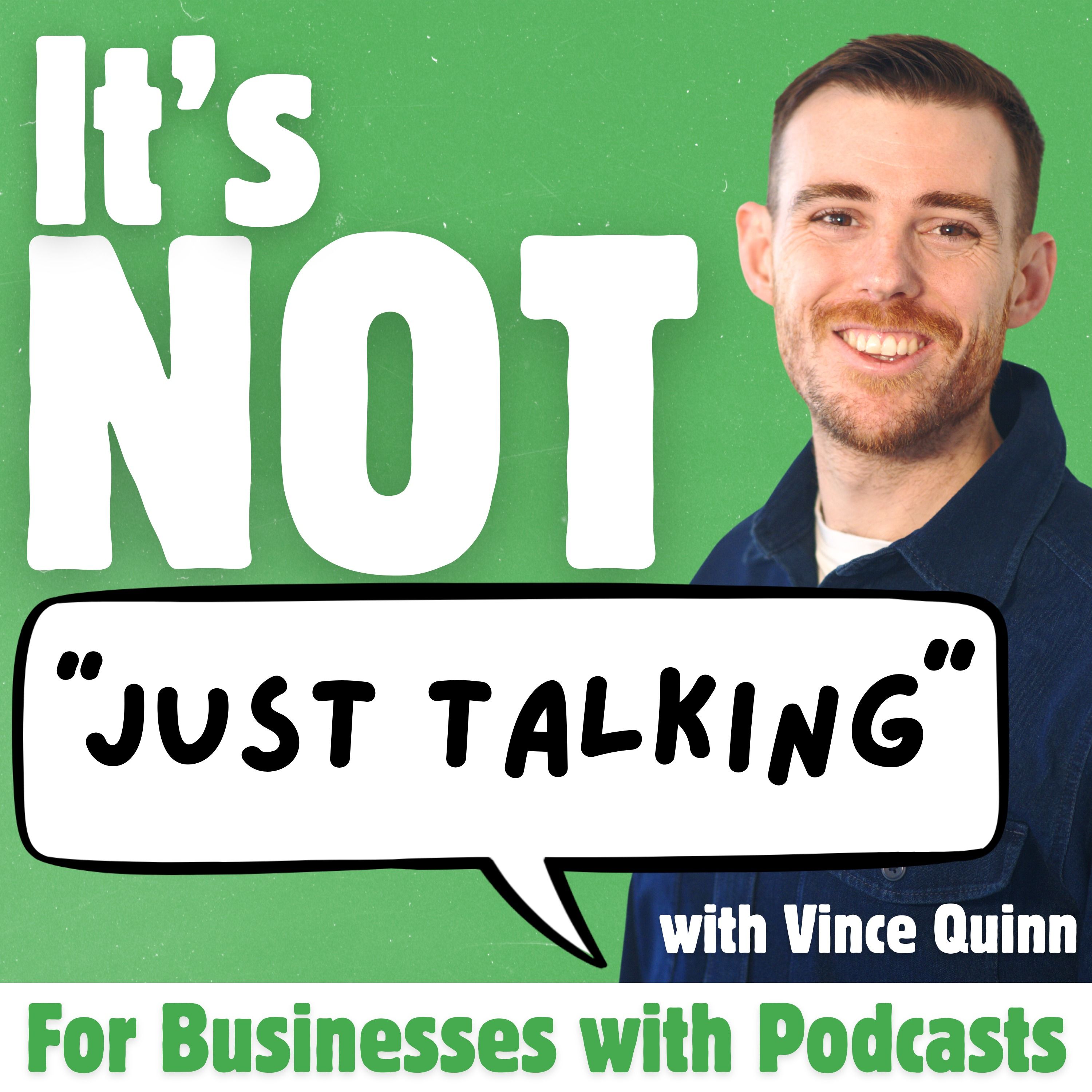
It's Not Just Talking with Vince Quinn
SBX Productions, Vince Quinn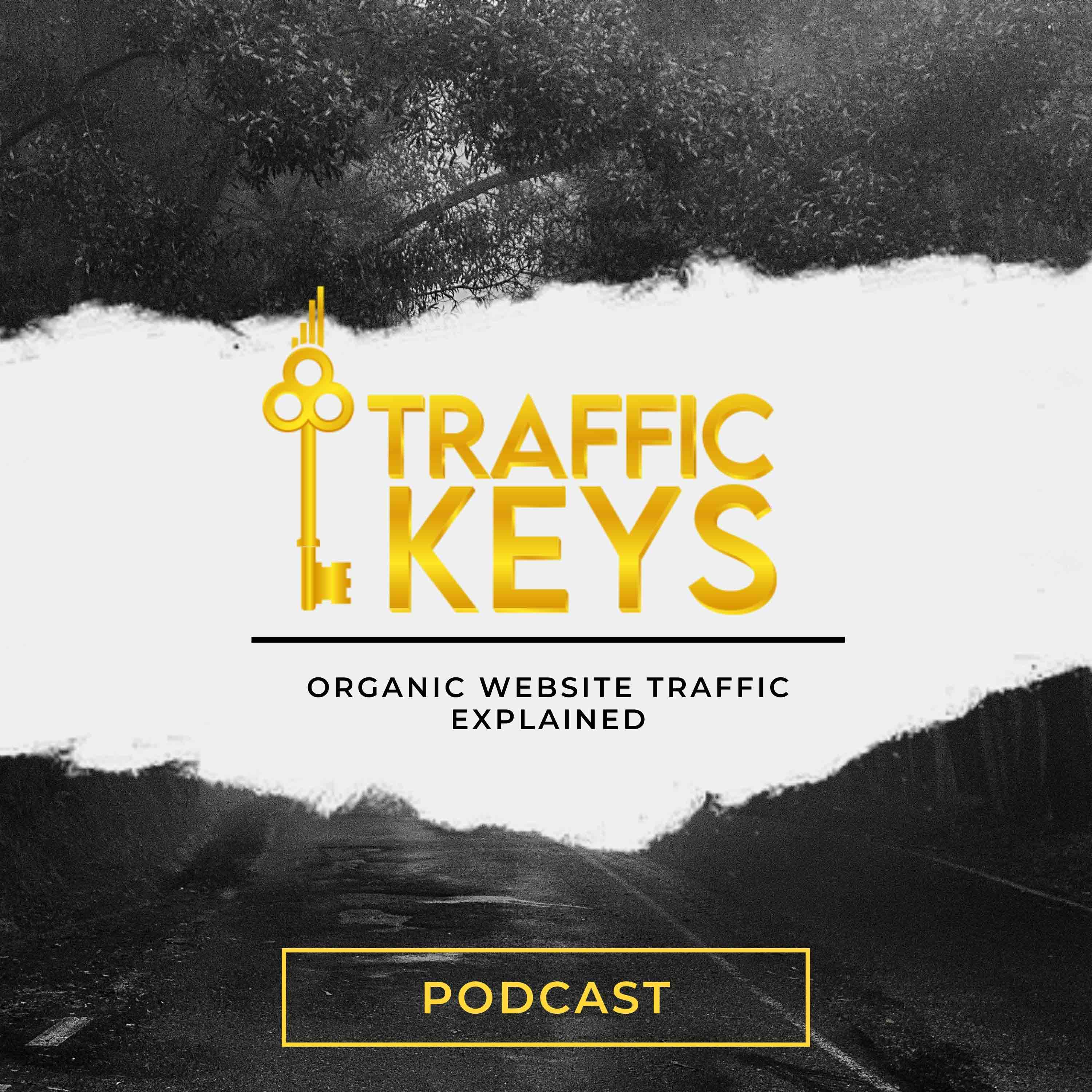
Traffic Keys Podcast
Atiba de Souza
I Have A Podcast by Vinnie Potestivo
Vinnie Potestivo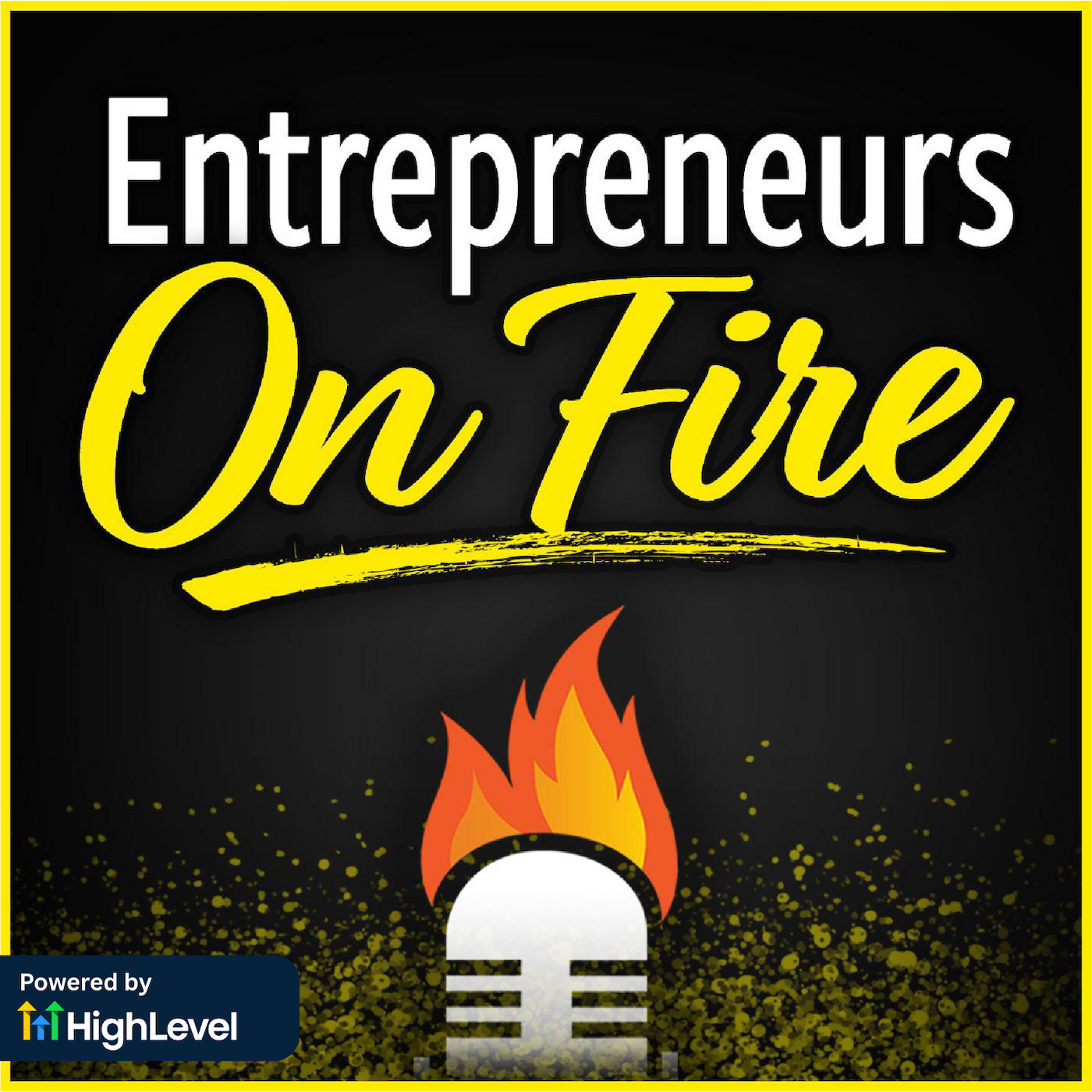
Entrepreneurs on Fire
John Lee Dumas of EOFire
Imperfect Marketing
Kendra Corman
Raise the Script with Nutrigenomics
Dr. Tamar Lawful, PharmD, APh, CNGS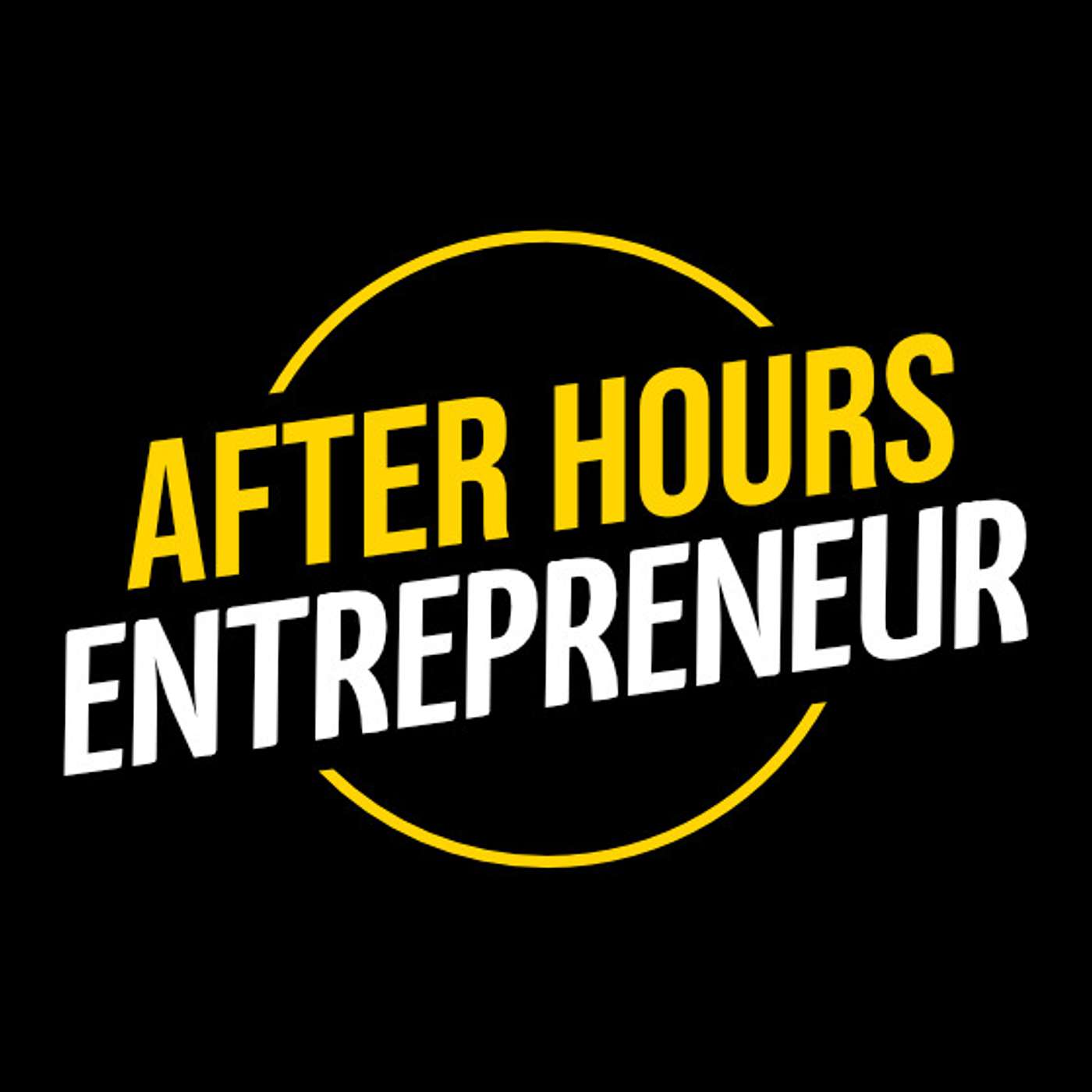
After Hours Entrepreneur with Mark Savant
Mark Savant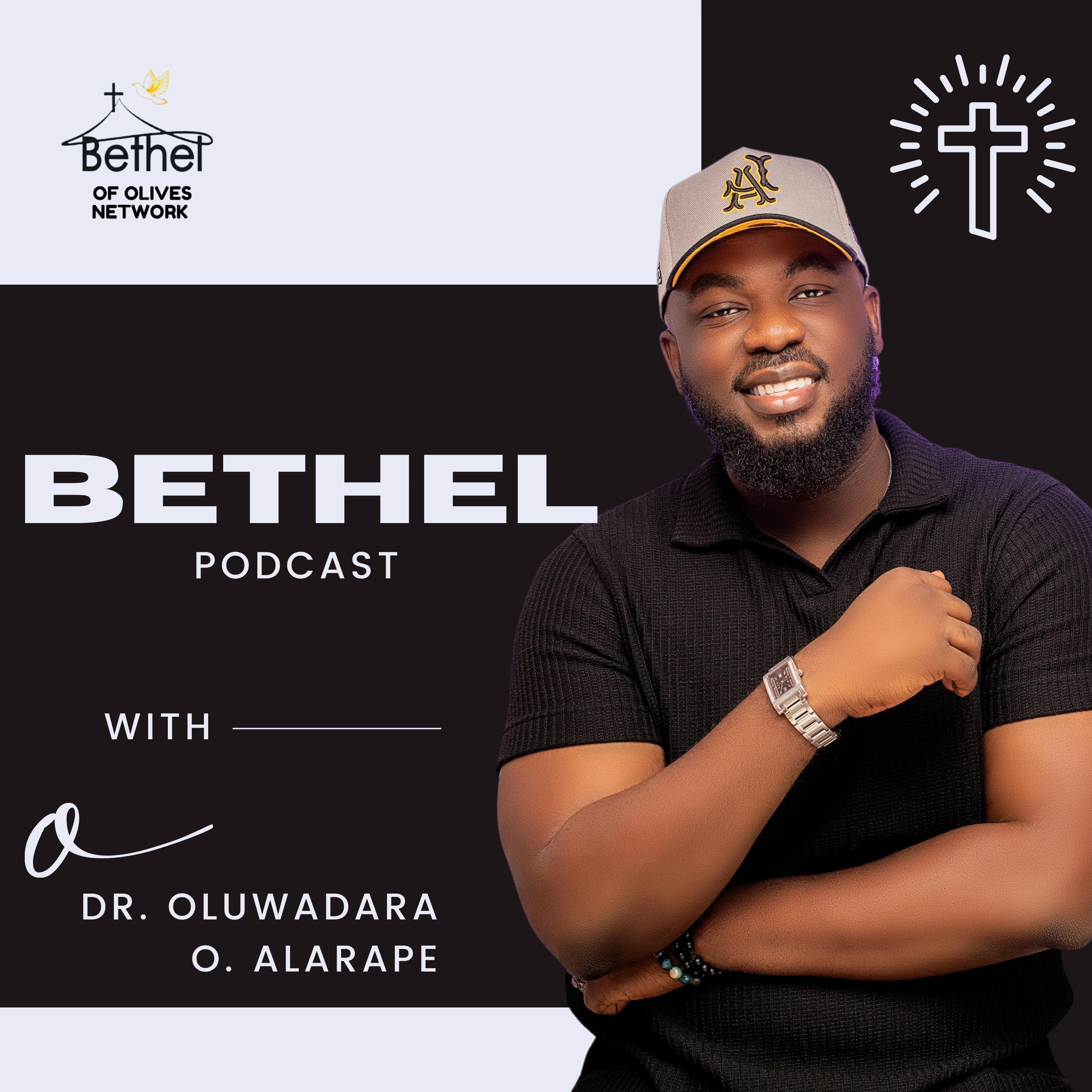
BETHEL
Dr. Oluwadara Alarape
Thoughts on Thought Leadership with Atiba
Atiba de Souza
Build Your Team
Atiba de Souza
Inspirations for Your Life
John C. Morley, Serial Entreprener
Marketing in the Age of AI
Emanuel Rose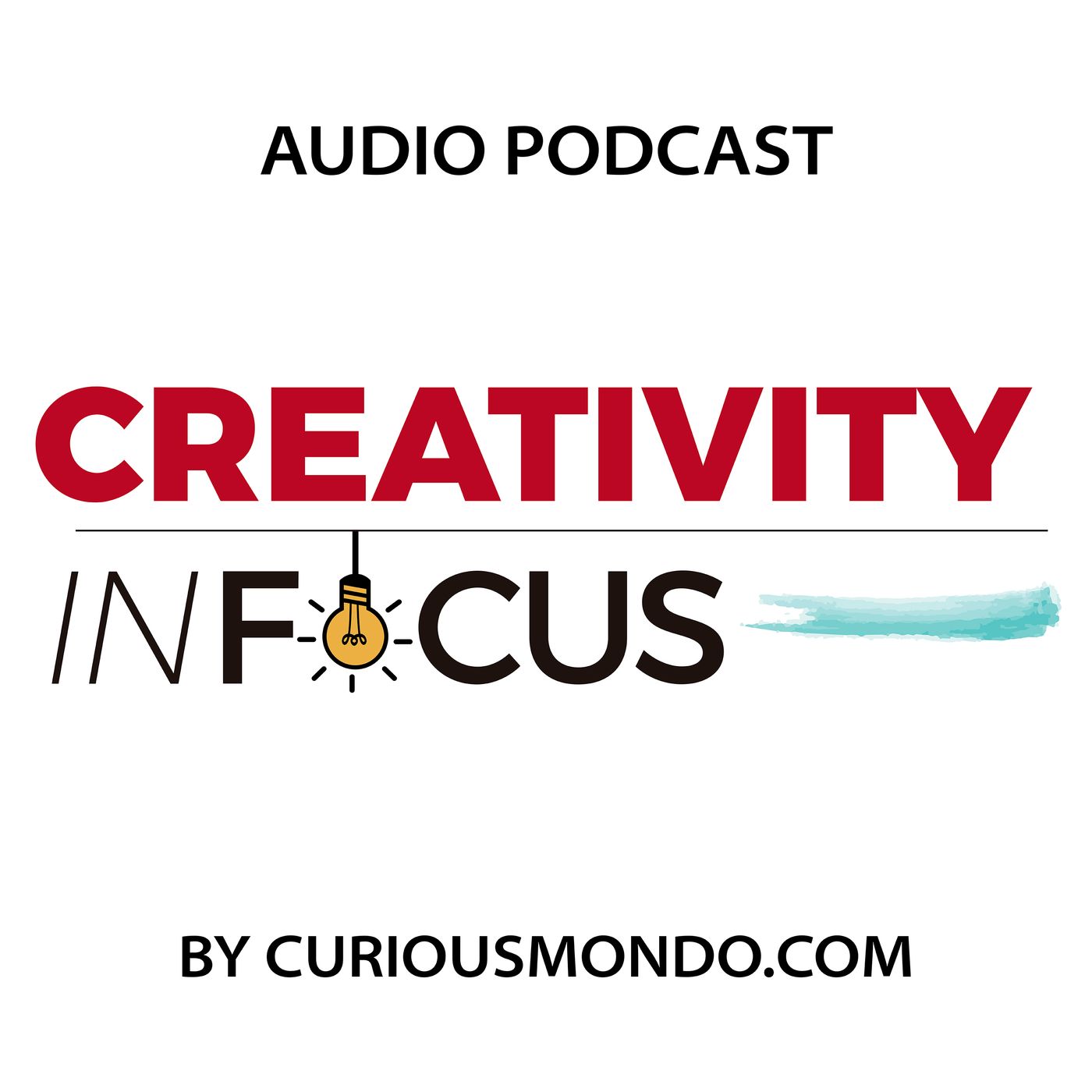
Creativity in Focus - Audio Only
Shahar Boyayan
Make Something Happen with Audrey Wiggins
Audrey Wiggins
The UnNoticed Entrepreneur
Jim James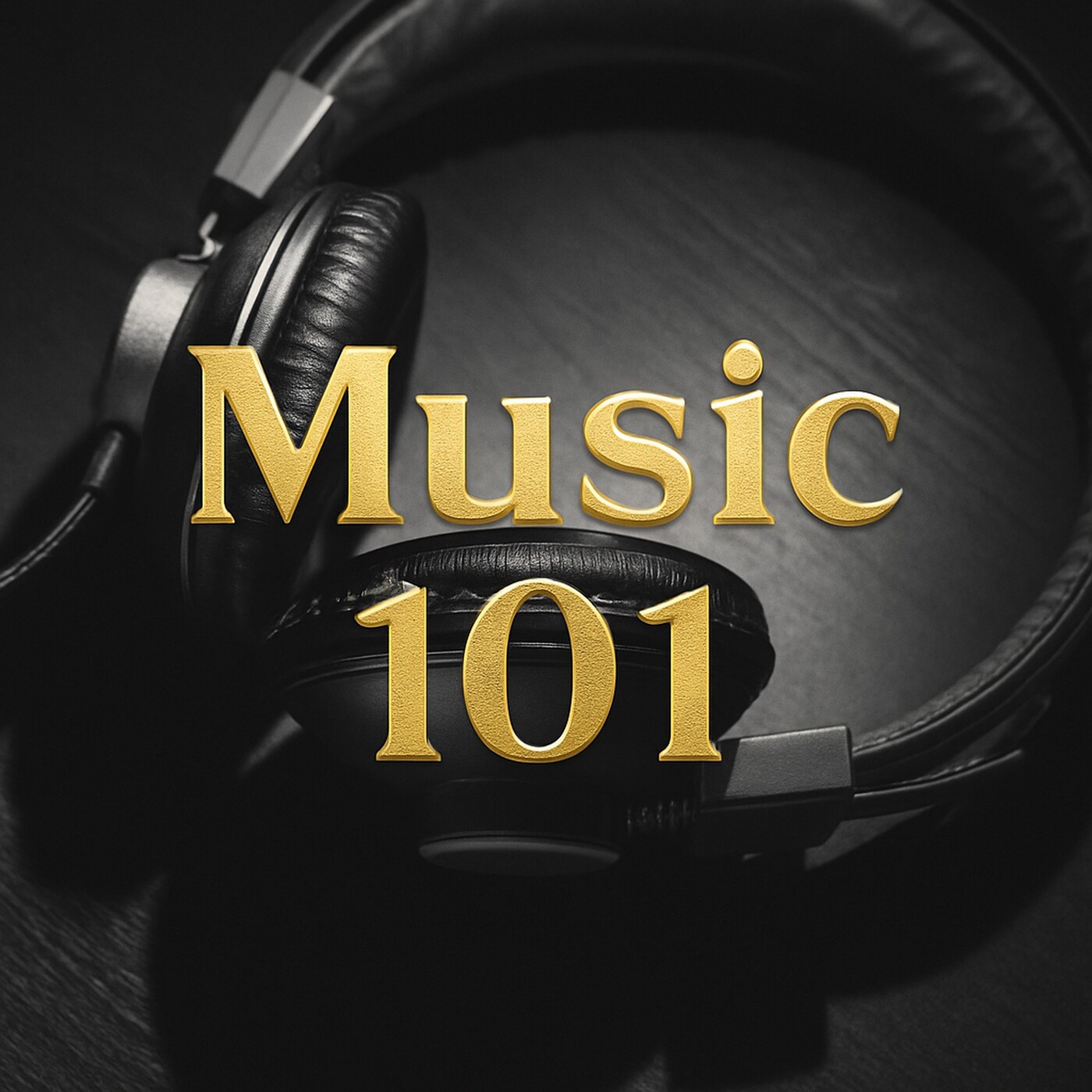
Music 101
Daniel Lucas / G.Mick Smith
Food 101
Daniel Lucas/Alessandro Panattoni
Abstract Essay
Daniel Lucas /Sal Cosenza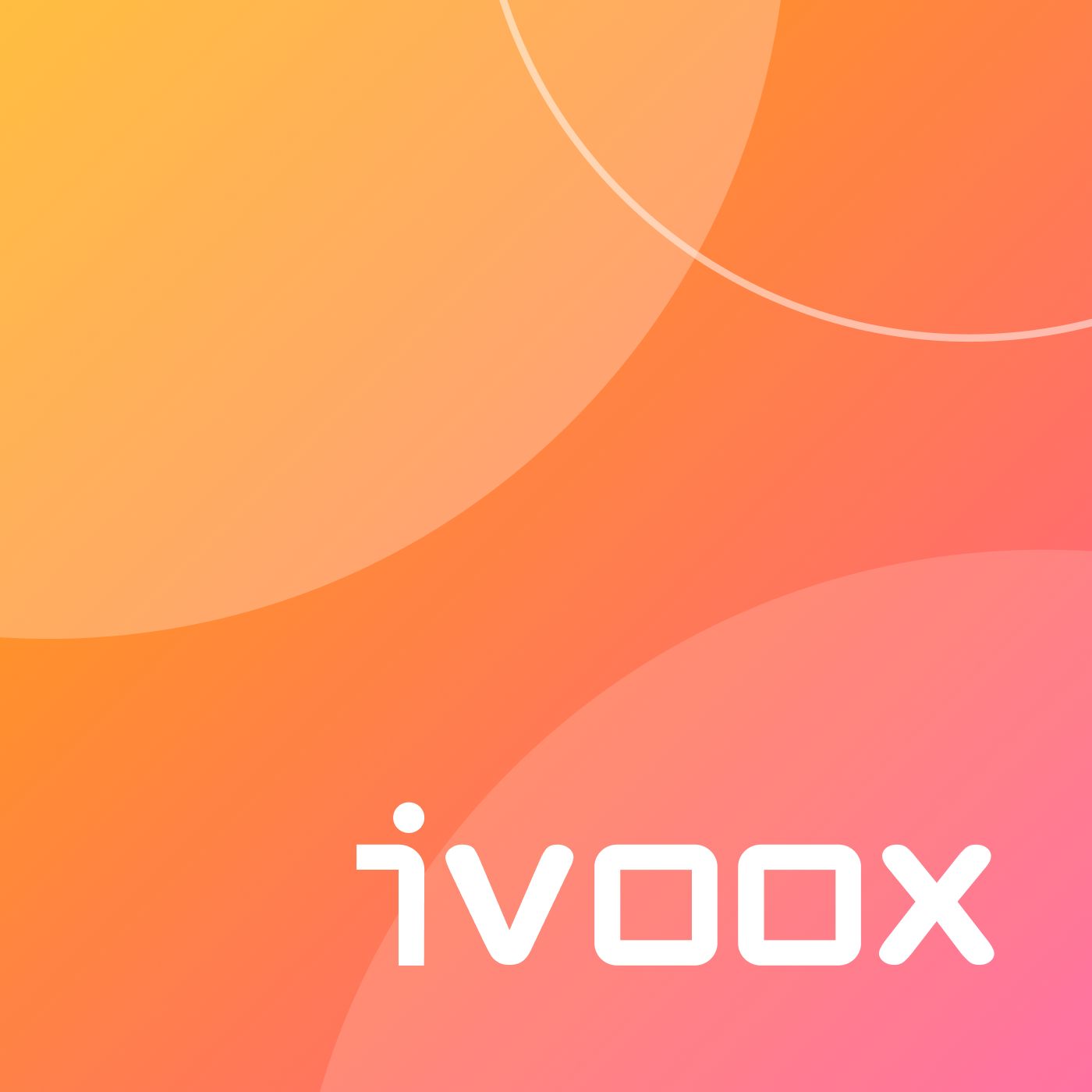
#iesgaherrera28d28sonidos
daniel lucas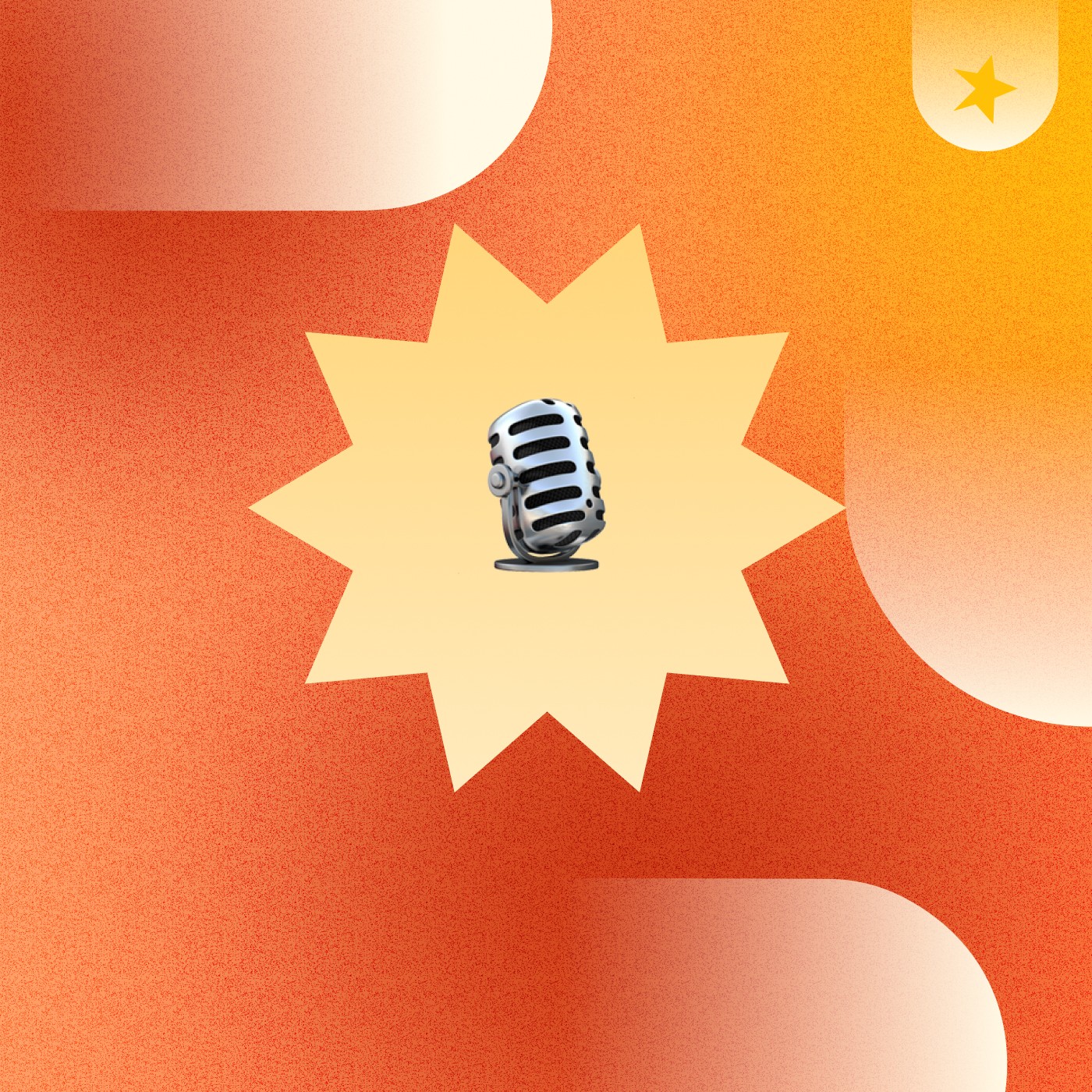
El podcast de Lucas Daniel Porra
Lucas Daniel PorraDaily Dose of Dave Podcast
Dave Valentine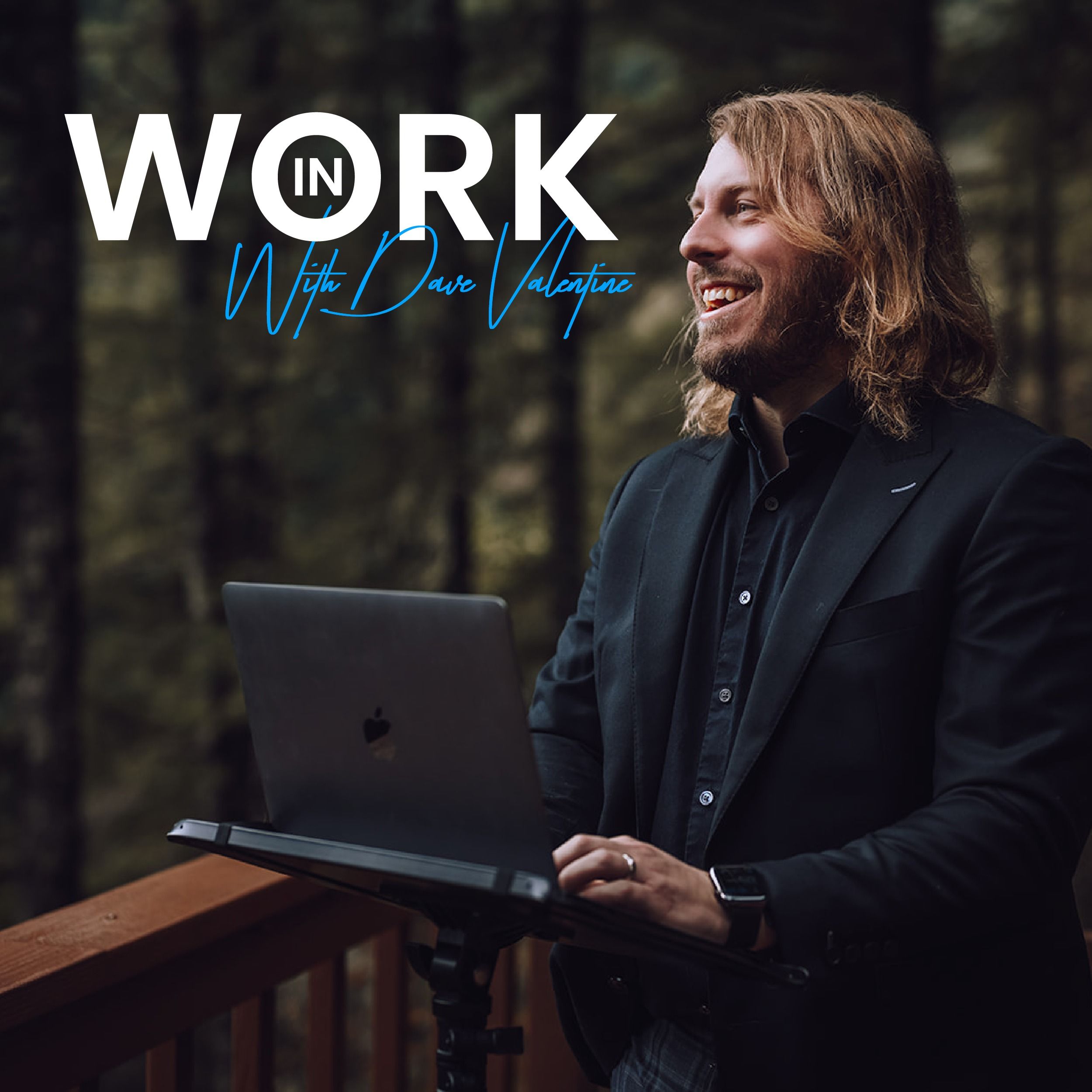
InWork Podcast with Dave Valentine
Dave Valentine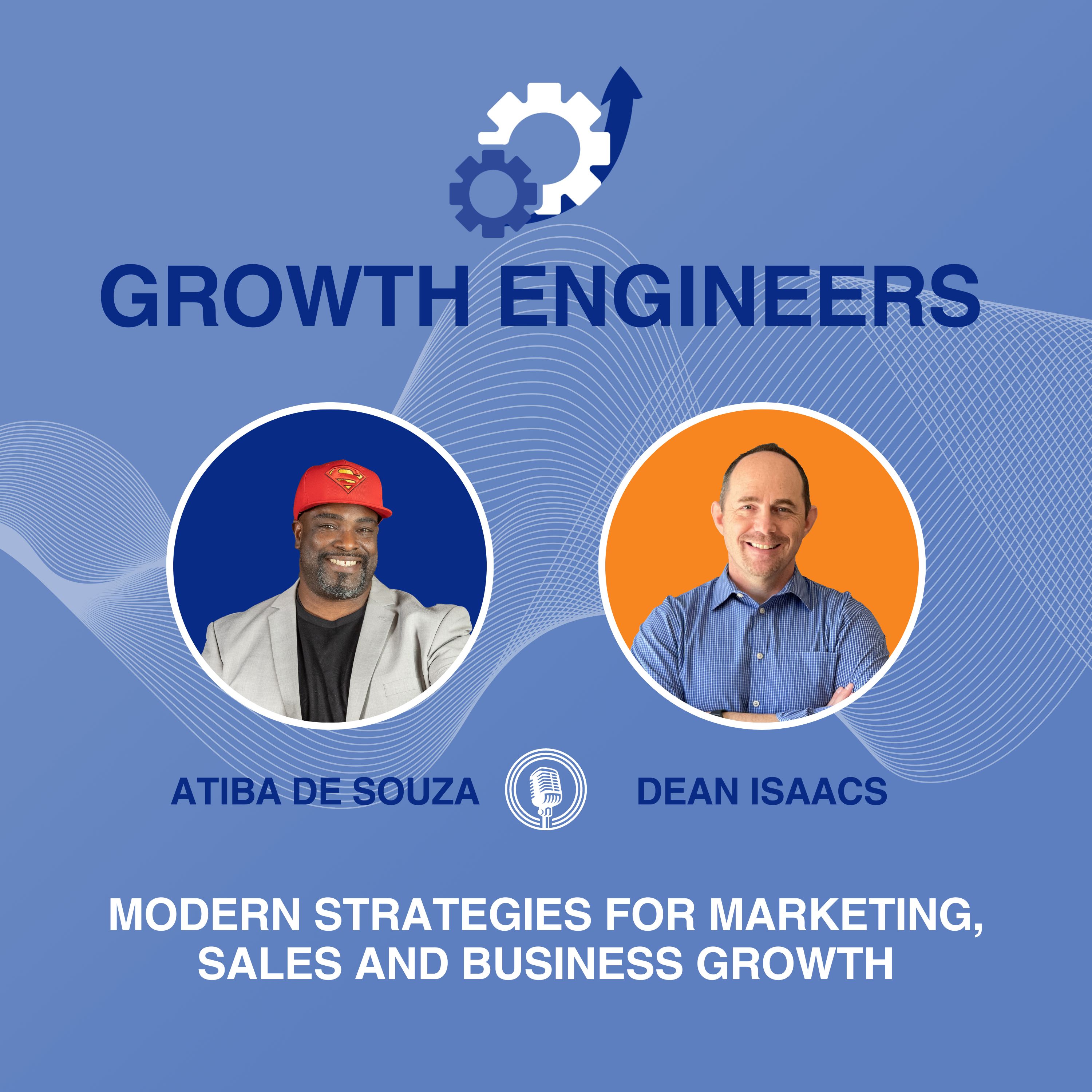
Growth Engineers
Atiba de Souza and Dean Issacs
Refuge Freedom Stories
Jonnie Taverner
St. Augustine of Hippo: Expositions of the Psalms
Mary McDonald
Podcasting for Financial Professionals
Virginia Elder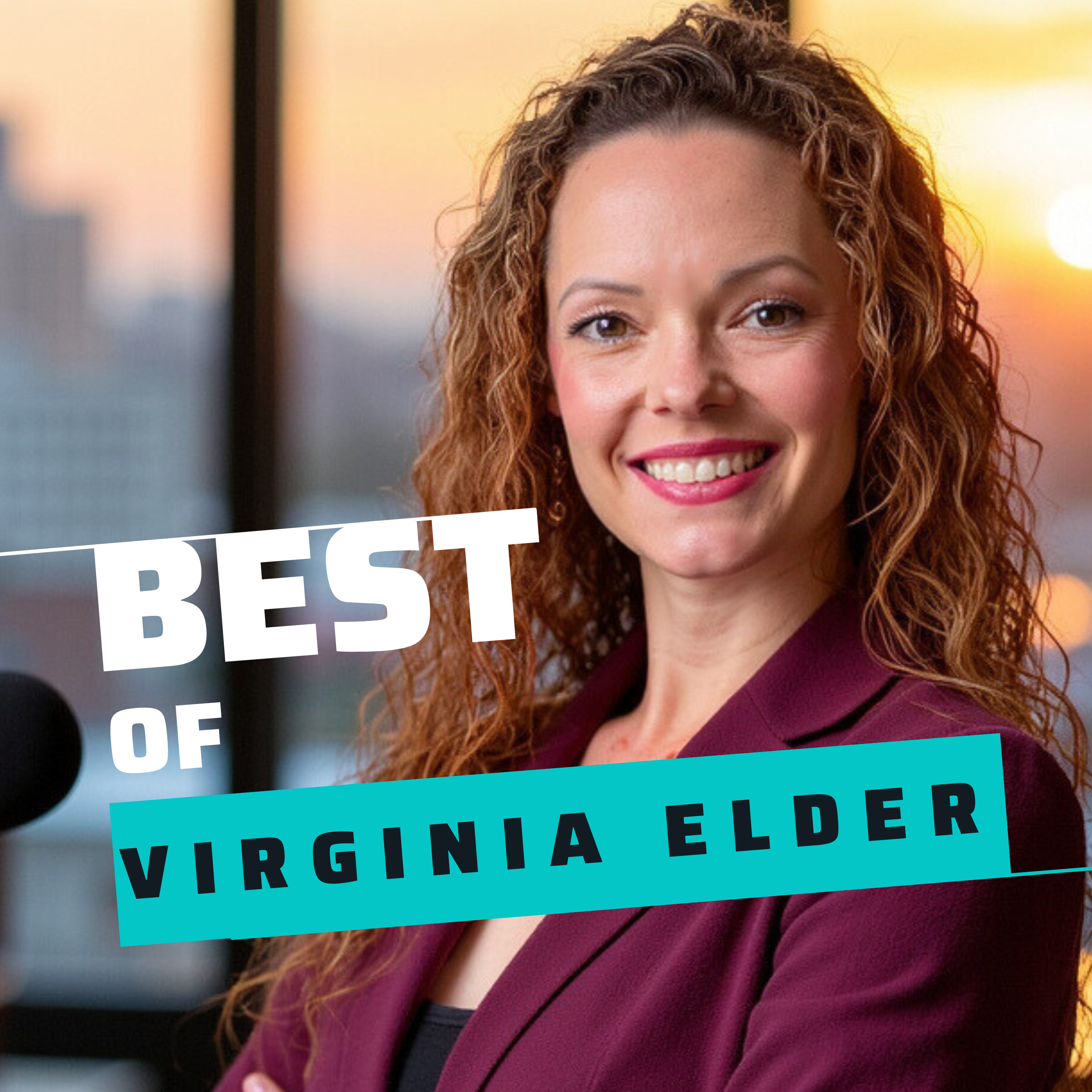
Best of Virginia Elder
Virginia Elder | Podcast Abundance
Gamify Business Tavern Tales
Paul Pape

